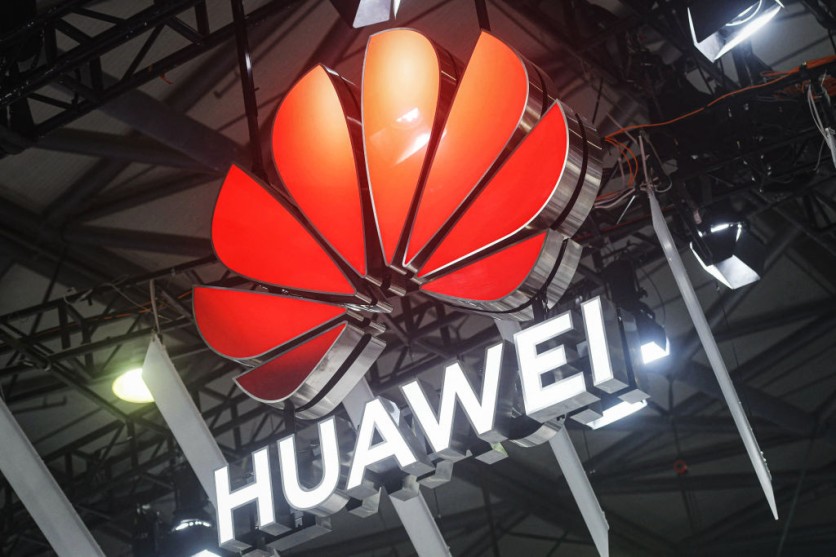Germany announced on Thursday its decision to phase out the use of components from Chinese telecom giants Huawei and ZTE in its 5G networks. This move, driven by national security concerns, aims to reduce economic reliance on Beijing, which some believe has left the country vulnerable, according to a report by AFP.
By the end of 2026, components from Huawei and ZTE will be excluded from "core" 5G mobile networks, as stated by the interior ministry in Berlin. The telecom systems must be replaced by the end of 2029 For 5G access and transmission infrastructure.

Germany Phase Outs Components from Huawei and ZTE
Interior Minister Nancy Faeser emphasized that protecting Germany's central business systems and the communication channels of its citizens, companies, and the state is a priority. She highlighted the need to minimize security risks and avoid one-sided dependencies, contrasting with past approaches.
Agreements have been reached with Germany's major 5G network operators, including Deutsche Telekom, Vodafone, and Telefonica, to implement the ban on Huawei and ZTE. The government had hinted at this move as early as September last year, although the newly announced dates provide more time for companies to adapt.
When asked about potential retaliatory measures from China, Faeser remained non-committal but confirmed that Beijing had been notified about the bans. Her focus, she noted, was on establishing regulations for telecommunications networks and critical infrastructure.
Authorities considered several factors on the ban, including whether manufacturers were under government control or involved in activities deemed harmful to Germany or other EU states. The longstanding ties between China and Germany have seen German manufacturers exporting significant quantities of products to China.
However, Russia's invasion of Ukraine prompted a reassessment of Europe's dependence. This has led Germany to reduce its reliance on China.
Read Also : T-Mobile Completes Multi-Year 5G Network Investment in Arkansas Amounting to Over $163 Million
European Nations Growing Wary
EU nations are growing wary of utilizing technology from Huawei and other non-EU vendors due to potential non-compliance with EU data protection laws. The European Commission has identified Huawei and ZTE as potential risks and has urged member states to remove their equipment from mobile networks.
In the summer of 2020, the United Kingdom was the first European nation to explicitly prohibit Huawei from its 5G network infrastructure. Following this, Sweden became the second European country and the first within the EU to exclude Huawei from nearly all components required for its 5G network.
The United States has also been urging action against Huawei, motivated by fears that the company might be used for Chinese espionage amid an ongoing technological feud with Beijing.
Germany's recent move fits into a larger pattern of heightened scrutiny and protective measures against perceived security threats from Chinese tech companies. Concerns about espionage and data security have prompted many Western countries to re-evaluate their telecommunications infrastructure and partnerships.
Related Article : Qualcomm Snapdragon X75 5G Downlink Speed Reaches Whopping 7.5 Gbps: New Global Record for the Sub-6 GHz Spectrum

ⓒ 2025 TECHTIMES.com All rights reserved. Do not reproduce without permission.


![Best Gaming Mouse For Gamers With Smaller Hands [2025]](https://d.techtimes.com/en/full/461466/best-gaming-mouse-gamers-smaller-hands-2025.png?w=184&h=103&f=6fd057ef777bd39251d4e7e82e9b23f1)

